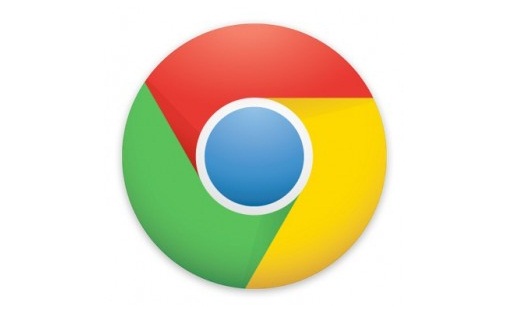

Chrome OS has been improved again after Google pushed out maintenance updates to its Stable, Dev and Beta software channels.
The new Stable Channel version of Chrome OS is Version 28.0.1500.95, according to an 12 August post on the Chrome Releases Blog by Josafat Garcia of the Chrome team.
The build contains a kernel version update in the Trusted Platform Module (TPM), a special security feature that helps keep the users’ data secure. Devices will receive the update automatically, according to the post.
The Chrome OS Beta channel moves to Version 29.0.1537.49, and also includes a variety of bug fixes and security updates, according to an 12 August post by Ben Henry on the Chrome Releases Blog.
The updates are done regularly by Google as features are added and as known problems are corrected. Earlier in August, Google issued software updates for its new Chromecast television dongle and for its existing Chrome Web browser, Chrome for iOS and Chrome Beta for Android applications.
The Chromecast update included a bug-fix update to Chromecast devices to improve performance, reliability and security for the recently released TV dongles.
The latest Chrome Web browser recently advanced to its Stable channel, with Version 28.0.1500.95 being offered for Chrome Frame, Linux, Mac and Windows. The latest Chrome browser has 11 security fixes, including one medium-severity fix and five high-severity fixes. Meanwhile, the latest Chrome for iOS browser was released as Version 28.0.1500.16 and contains improvements to embedded video playback on iOS 5.1 and other bug fixes.
Also released was an update to the Chrome Beta for Android development channel, to Version 29.0.1547.40, which includes crash fixes and feature fixes.
In July, Google announced previous updates for many of these applications, including a new version of its Chrome browser for iPhones and iPads, as well as a new Chrome Beta version for Android that introduced a new Web audio API and support for WebRTC.
In June, Google introduced a video game, Cube Slam, to demonstrate and show off WebRTC capabilities. WebRTC allows users to see, hear and communicate with each other using only a Web browser, whether they are playing a game or participating in an online video conference. Google has been working on WebRTC projects for some time as a Google Chrome Experiments project. The technology could find its way into many other business and consumer uses in the future. The Cube Slam video game lets users play face-to-face against their friends by simply using a WebRTC-enabled browser.
In April, a Dev channel version of Chrome OS caused problems for some Google Docs users, so the company recommended that developers revert back to an earlier version that didn’t include the glitch. The affected Dev channel software was Version 28.0.1485.1.
Are you a Google expert? Take our quiz!
Originally published on eWeek.
All Cybertrucks manufactured between November 2023 and February 2025 recalled over trim that can fall…
As Musk guts US federal agencies, SEC issues summons over Elon's failure to disclose ownership…
Moonshot project Taara spun out of Google, uses lasers and not satellites to provide internet…
Pebble creator launches two new PebbleOS-based smartwatches with 30-day battery life, e-ink screens after OS…
Amazon loses appeal in Luxembourg's administrative court over 746m euro GDPR fine related to use…
Nvidia, xAI to participate in project backed by BlackRock, Microsoft to invest $100bn in AI…
View Comments
As Google and its hardware partners continue to improve the Chromebook, more businesses will begin to view it as a viable option for the enterprise, and not just for personal use.
But even with all the improvements, some companies might still be held back from considering Chromebooks because they still need access to Windows applications. Besides MS Office applications, there are many other applications (even in-house ones) that aren't cloud-enabled or replaceable with Google Apps.
One way around this is to leverage HTML5 technology that allows for browser-based access to applications. For example, Ericom's AccessNow HTML5 RDP client allows Chromebook users to connect to Windows applications running on Terminal Server or VDI virtual desktops, and run those applications or even full desktops in a browser tab.
There's nothing to install on the Chromebook (the HTML5 browser is already there), which makes life easy for IT staff. You just click on a URL, enter your login credentials and your Windows application or desktop appears in the browser.
For an online, interactive demo, open your Chrome browser and visit:
http://www.ericom.com/demo_AccessNow.asp?URL_ID=708
Please note that I work for Ericom